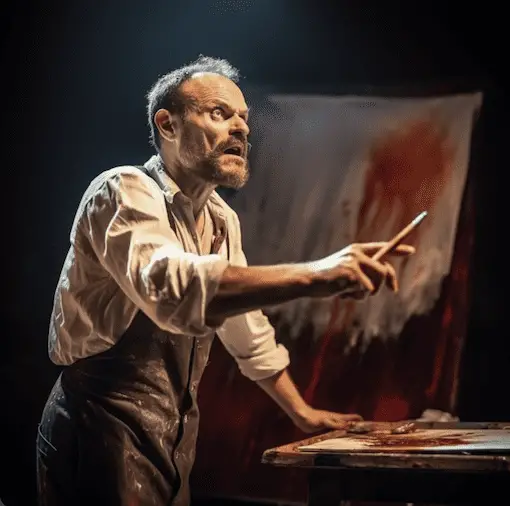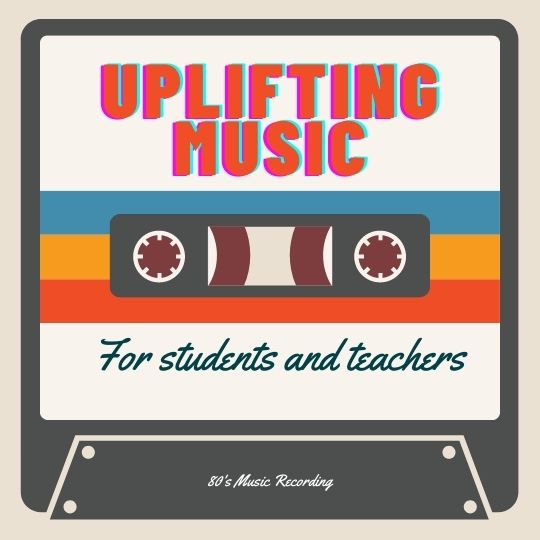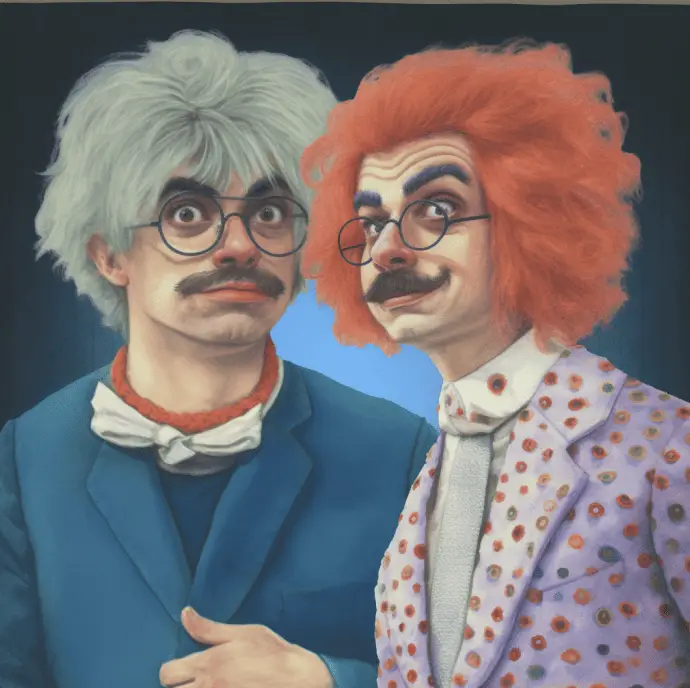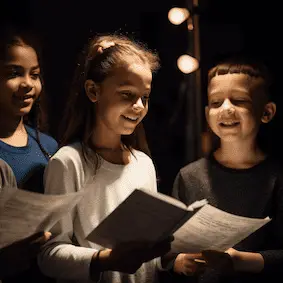Blanking or forgetting lines on stage is a common phenomenon especially if you’ve been in the business for a long time. However there are tricks and tips to help you cover for others on stage and hopefully when others cover for you, which will inevitably happen.
They main way to cover for another actor on stage is to know the play script through and through. You should learn both your lines and the lines of your actor partners.
Knowing the lines of yours and other lines is pivotal in covering for other actors. If you are acting on stage and another actor on stage forgets their lines you are more able to help by filling in with part of their line while including your own.

Covering Dialogue for Actor’s who forget
Here is an example: In the play Oleanna by David Mamet. Carol, an ambitious, intelligent, highly manipulative and dangerous student interacts with her somewhat arrogant, intelligent know it all professor using many long monologues, interspersed with common dialogue and in depth elegant speech.
During my company’s production of the play in Napier, New Zealand, our main actor forgot his lines. (With the Real Theater Company’s Performance) His 17 year old partner on stage, managed to cover for him on a number of occasions by calling out his lines.
She did this by speaking for him when he went blank and said his lines with a prompt. But she made it as though she was speaking naturally from her character’s perspective.
Upon hearing her covering for him, you hope like mad that the other actor (which he did), picks up from her offer and carries on successfully from there.
What you may find with plays with two characters is that they often have many monologues, this can also sometimes confuse actors if they are thrown by something within the play, such as a late sound effect from the sound booth.
Now I must confess, I, the author of the blog, was filling in for sound one night and I was late with a phone ringing sound effect.
This threw the actor and he was a bit lost for words. I was quite embarrassed about this, even though it was a show where a small audience was in the house.
Having said that, an actor who’s been around the traps of the stage for many years will likely be able to adlib or improvise where needed to help cover for their acting partners. You just never know when something different might happen.
It’s a beautiful thing when you see other actors covering for their other actors on the stage.
What Happens When you Completely Stuff Up?
I remember one play where I was acting as a barmaid and had numerous bottles of wine and glasses on the table.
When the scene had ended and the lights went down, I had completely stuffed up and knocked over some bottles and glasses and the noise was horrifying to me, because I’d stuffed up, but I’m sure the audience was grinning at my catastrophe.
There was no way to cover for my ineptitude. I just had to quickly clean up the mess on the table and hope someone else was going to help me, which they did before the lights went up.
Sometimes you just have to go on and pretend that a catastrophe just happened. It’s probably the best thing to do.
When we Flub Lines
I have played many many roles for professional children’s theater. We played in front of 3,000 people in one showing and three shows a day. No matter how experienced I was, if I was in the opening scene I was nervous!
There have been a few times when I had covered for actors who had forgotten their lines or had confused them and said something completely wrong.
If I’d not been listening very well to the dialogue, it would have taken the audience on a different course of action.
I remember one particular show I had covered for a young actor who said the wrong line and had NO idea that she got her lines wrong or even missed her line.
I was quietly prideful that I’d saved the day at that point. I covered it by inserting her line as though it was my own.
I arrogantly told her that she flubbed her lines, however in the second Act, she literally saved me from flubbing my lines in the heat of the moment. Tail between my legs I humbly made sure to thank her for saving me.
Older or more experienced actor’s should know to be aware of the different perils which could take place in a scene and look for ways to save the scene if need be. Preparation is always needed.

Stay Committed to Your Character If Someone Screams and Runs off Stage
So this is tongue and cheek, but, literally if someone does forget their lines and it’s up to you to fill in the blanks or keep the scene going, just stay in character and keep going.
More often than not the audience doesn’t’ know that you got it wrong, they will think it’s all part of the scene. The real test is if you can maintain your character and keep the scene going by improvising and forwarding the action.
Many a show has been saved with this action.
What Not to do When Catastrophe Hits
Soooo, when someone does target their lines on stage, and or they have a blank moment. The worst think you can do as a fellow actor is look at them and whisper chastising remarks. The audience will see it and make the connection someone has stuffed up.
Try not to look at the other actors for help, and the other actors shouldn’t look at each other with a panicked look on their faces. The best thing to do is to make it as though this was meant to happen, call on your improv skills and save the scene as though nothing is wrong. Oh and pray it works.
Works as a Group or an Ensemble
As a director, teacher or coach make sure to warm up together as a team, play games and do drama exercises which help them get into character, but make a personal connection to each other as well.
Drama and acting works with a high sense of trust, so working on this is pivotal when something goes wrong. It means that someone is there to pick up the pieces if you don’t bring your A game.
Know the play and Scene inside out
You really need to know the play and each other’s lines as much as possible to know what the scene is about, your intentions and motivations as well as others.
Even if you don’t nail your actual written line, at least you can cover it with lines which are very similar and hopefully your fellow actor can help forward the scene if need be.
(This happens a lot on stage especially in the first few runs of the show).
Make the Link to Improvisation Games
We need to make the link between training and preparation. This is where Drama schools and night training acting courses really come to the fore.
Often many of the classes have improvisation activities and exercises to help with being in the movement and being able to strengthen our ability to be prepared for anything while acting on stage.
I remember the very first improvisation exercise I completed at drama school and it was ‘Yes and.’ Yes And, is a great way to allow a scene to continue without our natural ability to block offers from others on stage.
Someone makes an offer and the other actor forwards this offer onwards by continuing with the story. Check out the example video below:
We block because subconsciously we want to keep ourselves safe and saying NO helps keep the limelight and boogeyman away…supposedly.
In Fact most of the improvisation games done are excellent ways of allowing the actor to practice their ad libbing and in the movement skills which come in very handy when others or ourselves fluff up lines.
If you and a small group want to practice some of these games/activities check out the games I’ve experienced and or coached budding actors in my post improv games.
Recapping Ideas to Save the Scene
- Know the play inside out
- Know the other character’s intentions and lines
- Be prepared for anything to go wrong
- Stay committed to the scene and role if someone completely stuffs it up
- Warm up your body, voice in an ensemble
- Practice improv games with others
Check out this great book on Acting for beginners, tried and true for young and beginning actors.

-
20 Motivational Songs for School
Motivational music for school students can counter-balance the negative stimulus of everyday society. Science has discovered that uplifting music can affect students emotional thinking depending on the genre. Below are great, uplifting, motivational songs with lyrics for both students and teachers alike.
-
Sketch Shows That’ll Leave You in Stitches!
Sketch comedy is like a hilarious collection of bite-sized comedy nuggets that are designed to make you laugh out loud. It’s all about delivering quick bursts of humor through a series of short comedic scenes or sketches
-
The Benefits of Drama in Education – Innovative ideas for all subject areas
Using drama in the classroom can be a powerful tool for teachers to engage students and promote literacy development. Here are some ideas and resources from the search results: Reader’s
-
Spotlight on Parody: Unmasking the Hilarity in Theatrical Satire
In this section, we will explore the role of parody in performance arts, highlighting its significance and impact on both the entertainment industry and the audience. Parody, as a form




